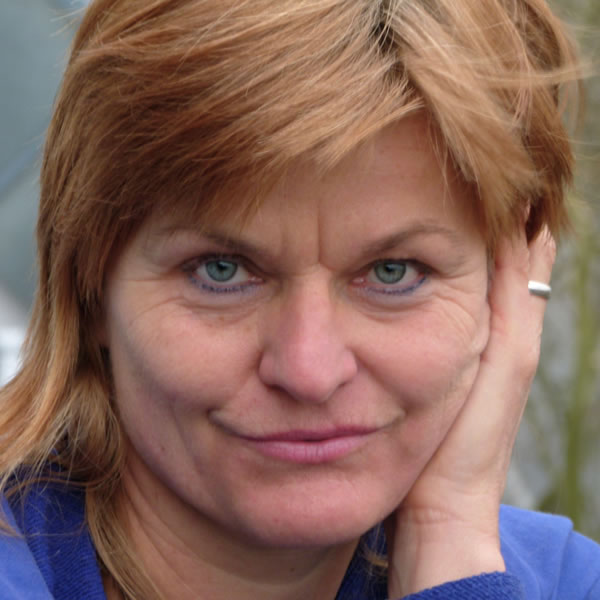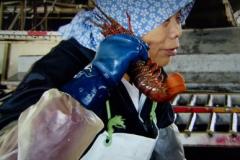
I lived in Tokyo for two years. Every day, I looked out the window of my high-rise apartment onto an endless sea of buildings. I was living in the world's largest city – together with 36 million people. Since the 11th of March 2011, the perspective has shifted. A film about how Tokyo is serviced and supplied, which is also a study in mentality, must necessarily make reference to a triple disaster.
In July 2012, I went back to visit the same fishmongers, bio-farmers, and sanitation workers in Tokyo and in northeast Japan, and I asked them how things had changed. They gave impressive accounts of what they'd experienced since the spring of 2012 and talked openly about their fears and concerns, which still haunt them today. They talked about the spread of false information about Fukushima, about withheld reports of water and sewage contamination, and about manipulated media coverage of demonstrations and other acts of civil disobedience.
Unser Film erzählt Geschichten über Menschen, die den „Bauch von Tokyo" füllen und dessen „Hinterlassenschaften" entsorgen. Uns hat interessiert, wie diese Stadt der Superlative und ihr Einzugsgebiet mit ihren 37 Millionen Menschen funktioniert.
Seit dem 11. März 2011 ist diese Pespektive verrückt. Die Multikatastrophe hat gezeigt, wie fremd und unverständlich vieles erscheint. Kulturelle Unterschiede können immer wieder Anlass sein für Missverständnisse. 14 Monate nach der Katastrophe soll nachgefragt werden, was sich inzwischen verändert hat. Dabei entsteht ein überraschendes Porträt dieser Stadt der Superlative und ihrer Menschen, bei dem das Erdbeben und seine Folgen miterzählt werden.





